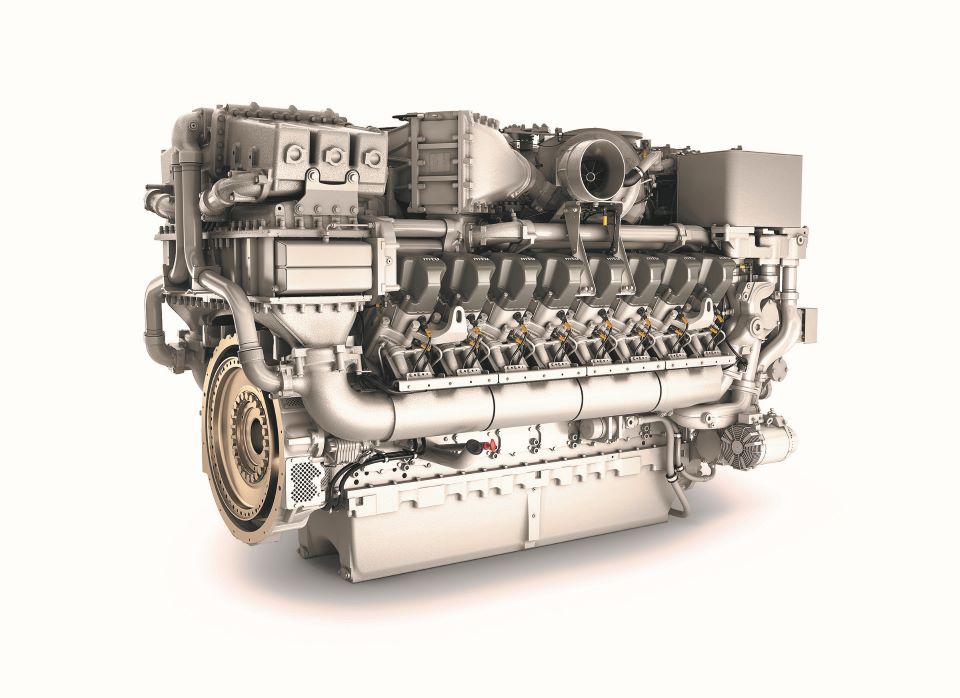
mtu 4000 engine used in loading vehicles such as excavators and wheel loaders, in transport vehicles such as dump trucks or in blast hole drilling rigs and other mining equipment - Rolls-Royce
The mtu Series 1000, 1100, 1300 and 1500 engines have already been approved for use with EN15940 paraffinic diesel fuels following bench testing. This year, many Series 4000 mtu engines for mining applications will be released for sustainable fuels. Engines for emissions regulations EU Stage V will follow, the company said.
Sustainable synthetic fuels include BtL (Biomass to Liquid), HVO (Hydrotreated Vegetable Oil) and PtL (Power to Liquid) such as e-diesel. No adaptation of existing engines is necessary to convert from conventional diesel fuel to EN15940 standard synthetic fuels.
“The use of sustainable fuels enables our industrial, agricultural and mining customers to significantly reduce greenhouse gas emissions – without compromising performance compared to conventional diesel,” said Dr Lei Berners-Wu, vice president Global Industrial at Rolls-Royce Power Systems.
According to Rolls-Royce, waste vegetable and animal fats and used vegetable oils can be used as base materials for HVO, which are converted into hydrocarbons via a catalytic reaction with the addition of hydrogen.
Through this process, the properties of the fats and vegetable oils are adapted to diesel fuel and can supplement it as an admixture or replace it completely.
The benefits of HVO are clean combustion with reductions in particulate emissions of up to 80 per cent, nitrogen oxide emissions by an average of eight percent, and (depending on the manufacturing process and feedstock) CO2 emissions by up to 90 percent compared to fossil diesel.
As HVO fuel is produced from renewable raw materials, its combustion generates about as much greenhouse gas as were absorbed by the plants during the growth of the biomass. Producing it from residual and waste materials avoids competition with food production.
In 021 Rolls-Royce announced it would realign its product portfolio so that by 2030, new fuels and mtu technologies can reduce greenhouse gas emissions by 35 per cent compared to 2019.